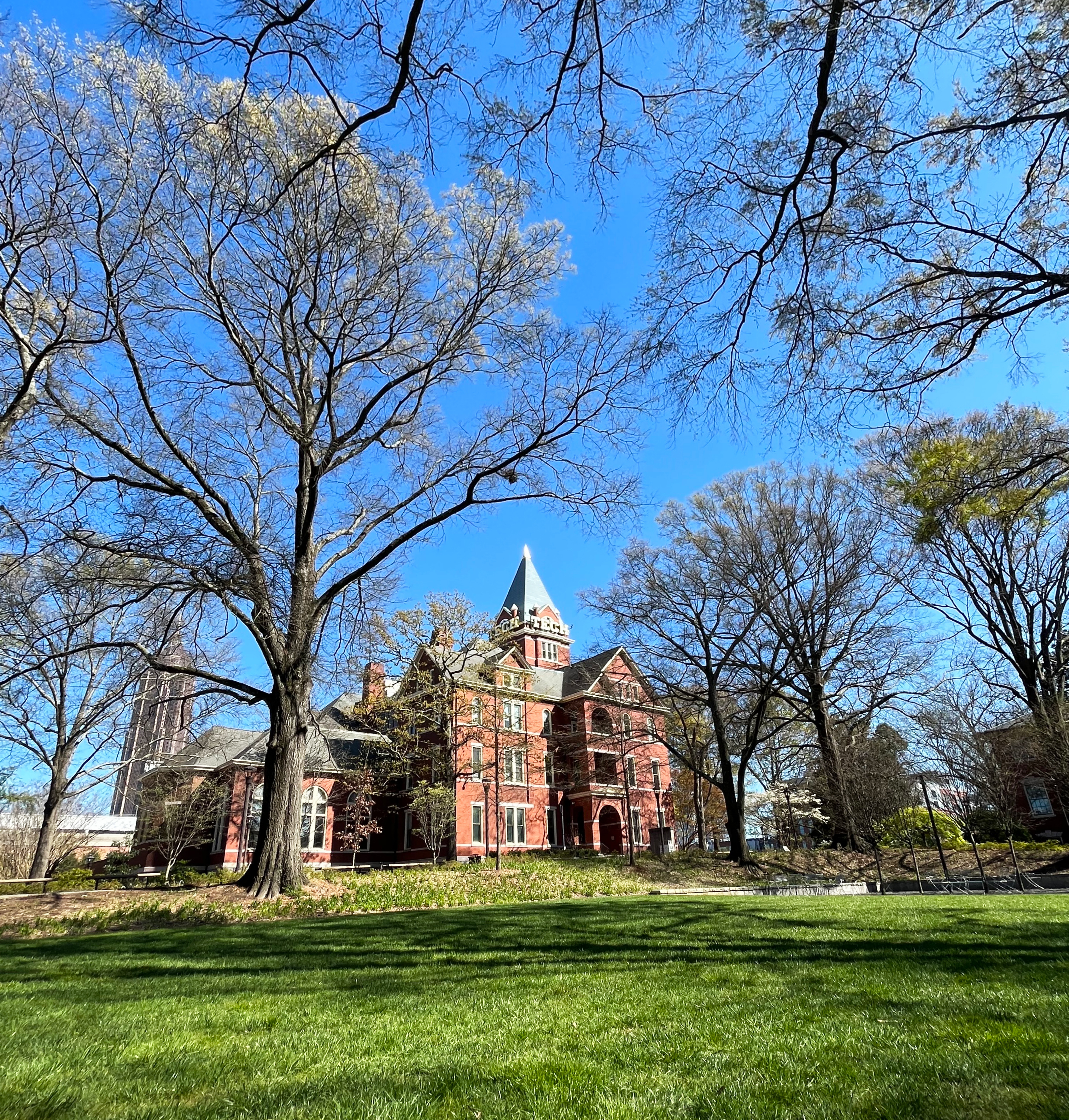Created in partnership with the new Science for Georgia’s Tomorrow initiative, the College of Sciences has launched the Rising Tide Program, which will equip early career scientists with two-year fellowships that are focused on faculty mentoring and skills development to apply for competitive faculty positions.
The inaugural Rising Tide cohort is set to include seven fellows from several institutions — with research interests across nuclear physics, urban climate, resource recovery, machine learning, bioinformatics, and ecology.
Rising Tide is spearheaded by Alex Robel, an associate professor in the School of Earth and Atmospheric Sciences who serves as the Program’s inaugural director.
The Program has three primary goals. “We aim to improve our ability to recruit the most promising young scientists and mathematicians to careers at Georgia Tech, to raise the profile of Tech as an institution that develops academic careers in the sciences, and to better align the range of perspectives and lived experiences of faculty with Georgia Tech students,” Robel shares.
Robel adds that the program leverages the strong culture of mentorship in the College.
“Since I have been at Georgia Tech, I have been inspired by the many individual faculty in the College of Sciences who have achieved consistent success in mentoring students and postdocs to gratifying academic careers,” he says. “In designing the Rising Tide Program, my aim was to organize these successful faculty within a program that supports their existing efforts and complements those efforts with professional career development activities.”
The Rising Tide Program is supported by a generous gift from Nathan Meehan (PHYS 1975) and matching funds from the Office of the Provost.
Science for the Southeast
Rising Tide is part of the just-launched Science for Georgia’s Tomorrow Center, which prioritizes research and teaching aligned with Georgia-specific issues — while connecting Georgia communities with that research and teaching. Robel hopes the Program will help provide a pathway to foster this type of local research at the Institute.
“Part of Rising Tide is to bring more faculty to the Institute who can contribute to research and teaching particularly relevant to communities in Georgia,” Robel explains. “We aim to improve the ability of the College to recruit scientists with professional or lived experience in the Southeast — or focused on research with particular relevance to the Southeast.”
Research future
Early career scientists at any institution can be nominated by College of Sciences faculty to participate in Rising Tide. Selected Fellows take part in the two-year program, where they are welcomed into the Georgia Tech community — then mentored virtually by College faculty and supported with ongoing opportunities to develop skills for applying to competitive faculty positions.
Robel emphasizes that, for the College and new Rising Tide Fellows, it’s a win-win.
“I am most excited to see how this first cohort of fellows interact and learn from each other,” Robel says. “I am also looking forward to seeing what new and exciting ideas and perspectives they can bring to the research and teaching mission of the College of Sciences.”



